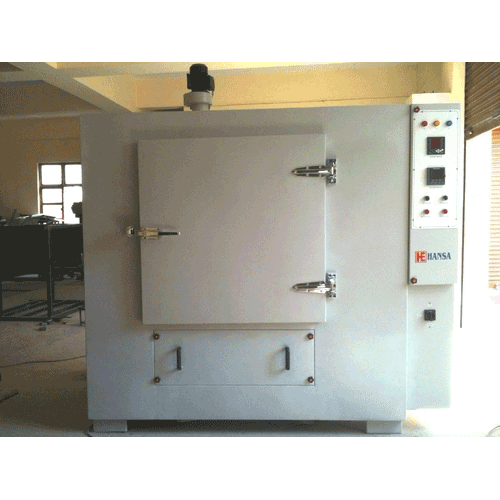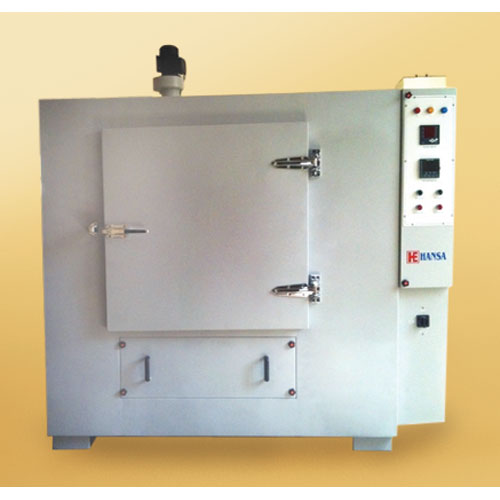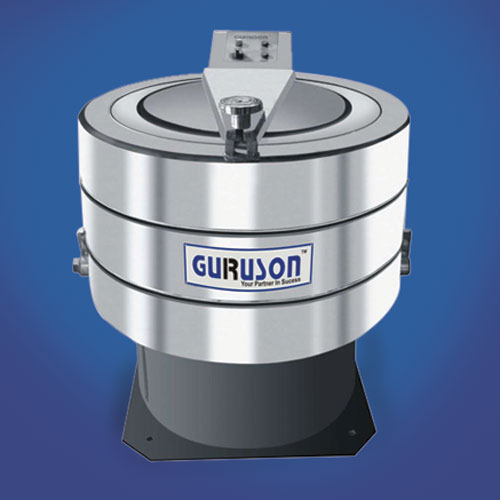Schedule a Call Back
Coronavirus: A silver lining for India’s exports?
 Technical Articles
Technical Articles- Mar 03,20

India’s exports witnessed a nominal year on year decline of 1.66 per cent to $ 25.97 billion in January 2020 due to global and domestic factors. Protectionism and liquidity concerns coupled with spread of the Coronavirus in China - the world’s second-largest economy – have pulled down monthly exports. Other key factors like trade war, the tension between Iran and the US and slowdown in economies across the globe have also exaggerated the problem for India’s exports sector.
Only 10 out of the 30 major product groups have shown some positive or nominal growth in exports during January. All other major sectors of exports including almost all labour-intensive sectors are still in negative territory.
According to Federation of Indian Export Organisations (FIEO), domestic issues including uncertainty over MEIS Scheme has been a major cause of concern as exporters’ claim for about 6 months are still pending, which has completely wiped out their liquidity and has kept them in doldrums with regard to finalising new contracts.
Launch of ‘NIRVIK’ scheme (announced in Budget 2020) aiming higher insurance coverage and Remission of Duties or Taxes on Export Product (RoDTEP) as an alternative to existing export subsidy schemes should incentivise exporters to a large extent.
Some experts believe the coronavirus outbreak in China can provide an opportunity for India to expand local manufacturing and increase exports.
Over the last five years, India’s dependence on China has decreased, though only slightly. Moving away from importing finished products, India now assembles products and is focusing on developing the ecosystem in the country. Products like smartphones camera modules and antennas are now produced locally.
Local manufacturing is likely to receive further boost with higher import tariffs on components and finished products which were announced in Budget 2020. Earlier experiences indicate that Indian manufacturers lack the ability to take long-term advantage of policy changes. For instance, Indian companies such as Micromax, Lava and Karbonn (taking advantage of the duty structure) were among the leaders in the handset market a few years ago. But today, Indian companies do not even figure in the top 10 as they failed to plough money in research and innovation.
With respect to exports, complexities in the Indian manufacturing ecosystem make it difficult for the country to quickly take advantage of the disruption in global trade. Misplaced policy priorities also result in inability to react to market situations. For example, coronavirus resulted in a spike in demand from China for N95 masks. While France accelerated production and supplied 10 million masks to take advantage of this situation, Indian government placed curbs on exports of N95 masks.
According to S&P, the Chinese economic slowdown due to the coronavirus outbreak could peak in the first quarter before a rebound begins in the third quarter.
To make any meaningful gains in exports, India will have to quickly scale up its game before China’s bounce back.
Indian SMEs were supposed to breathing a sigh of relief when ‘self-attestation’ became an accepted norm of the ‘minimum governance’ principle. But then GST took its toll and refunds were inordinately delayed. Duty drawbacks were withdrawn. The MSME ministry’s assurance that PSUs will procure 25% of their purchases from MSMEs or that loans without security will be provided in ‘59-minutes’upto Rs 10 million or that large organisations that delay payments to MSMEs will have to suffer penal interest, are illusory as all these are being flouted and there is no clear mechanism to check the defaulters. Even complaints on the MSME websites are not being taken up. Unless the MSME ministry can restore the confidence of its chief constituent, the global opportunity will be lost to the trust deficit alone.
Related Stories

Jindal Stainless to Train and Upskill 0.5 Mn MSMEs through Stainless Academy
Jindal Stainless is building a future-ready stainless steel workforce through its Stainless Academy, empowering students, professionals, and MSMEs with skills that strengthen India’s industrial ec..
Read more
Evermore Elevates Precision Manufacturing with STUDER Machines
Evermore is strengthening its precision manufacturing capabilities through long-standing collaboration with STUDER, leveraging high-accuracy grinding technology to boost quality, efficiency, and com..
Read more
Toyota, Honda Step Up Investments to Make India Auto Hub
Japanese carmakers boost India presence as they cut dependence on China
Read moreRelated Products

Heavy Industrial Ovens
Hansa Enterprises offers a wide range of heavy industrial ovens.

High Quality Industrial Ovens
Hansa Enterprises offers a wide range of high quality industrial ovens. Read more

Hydro Extractor
Guruson International offers a wide range of cone hydro extractor. Read more
















